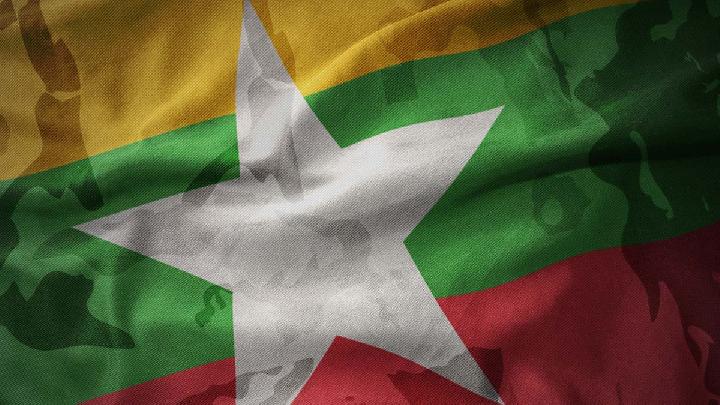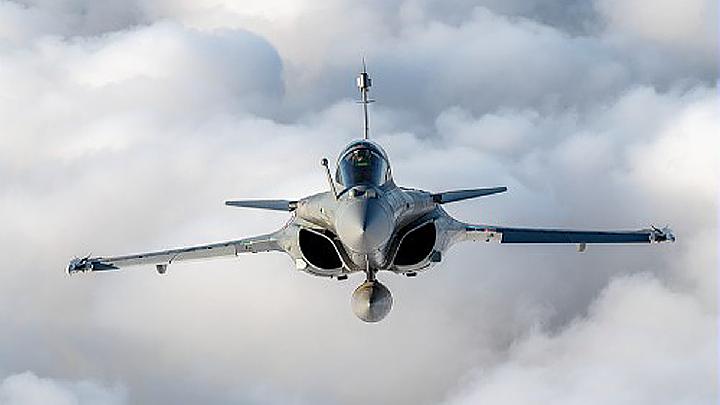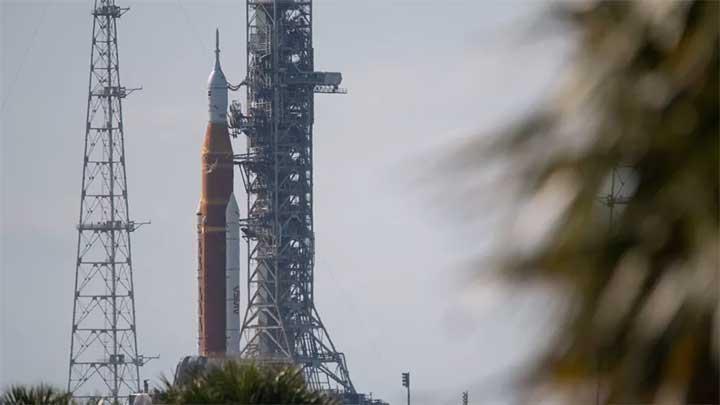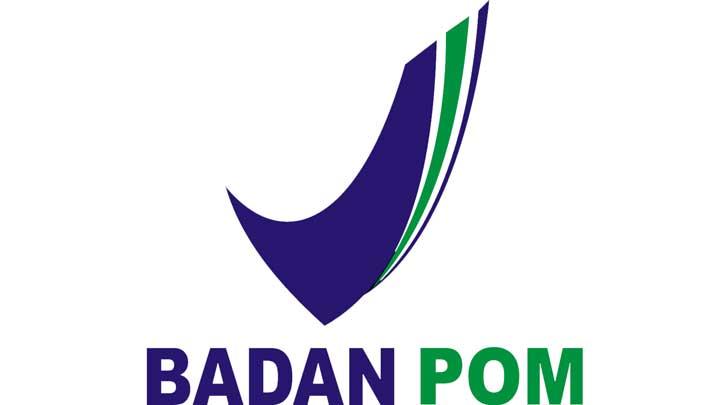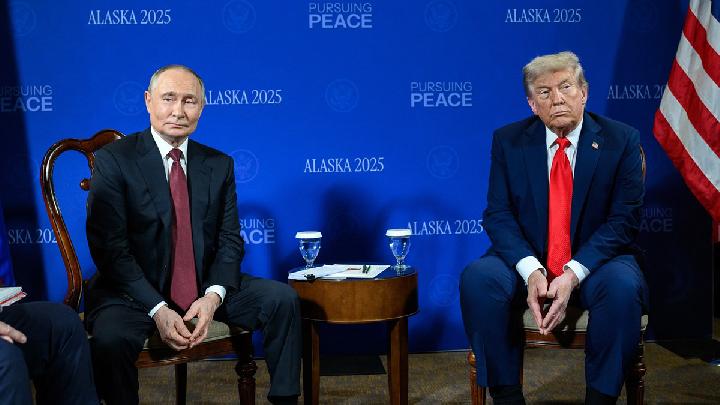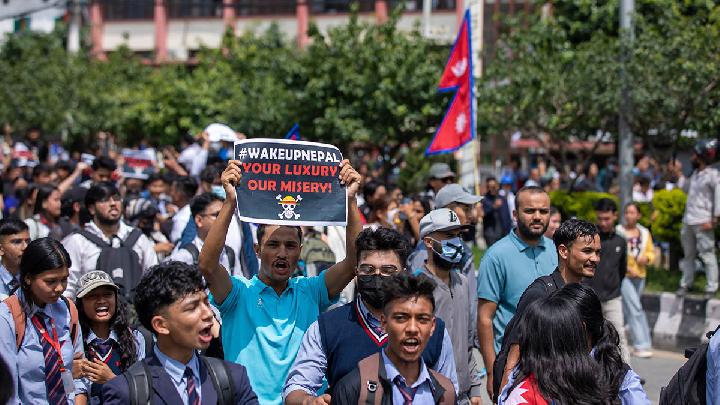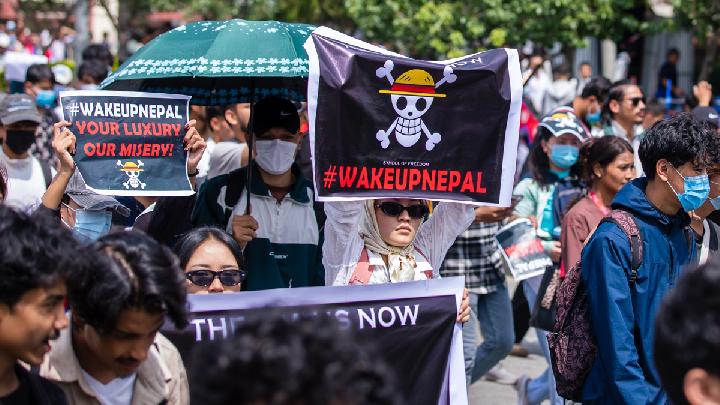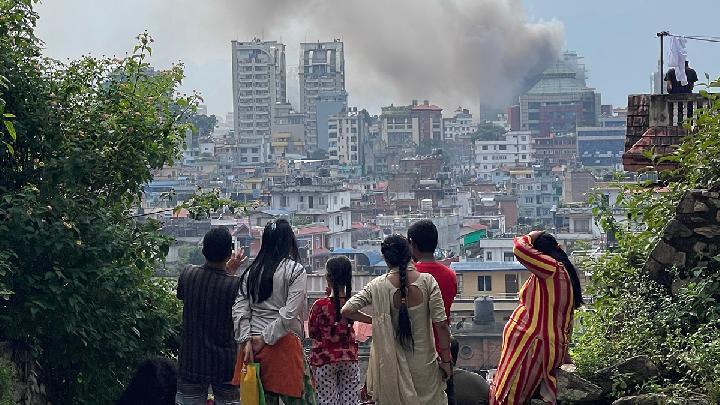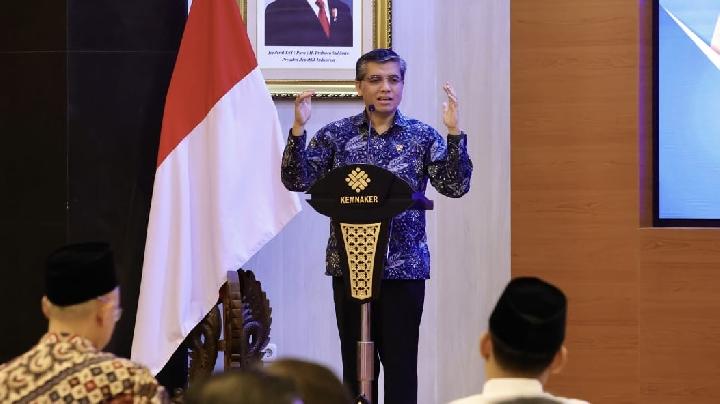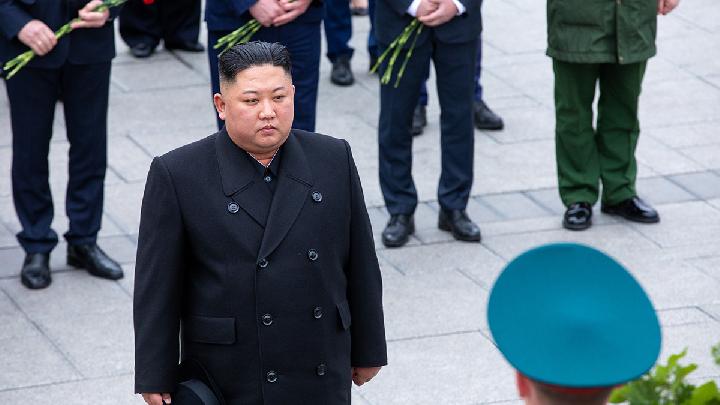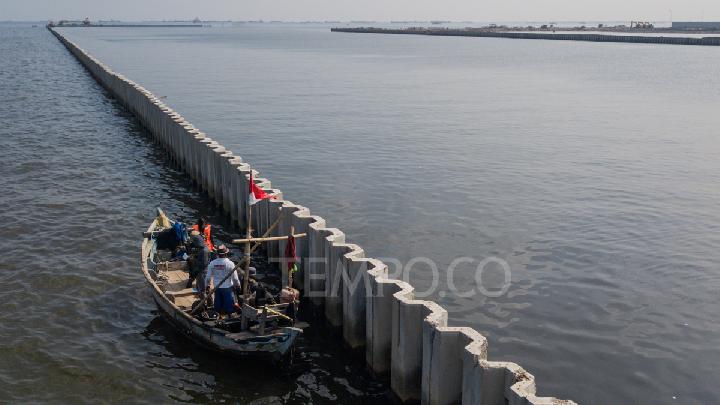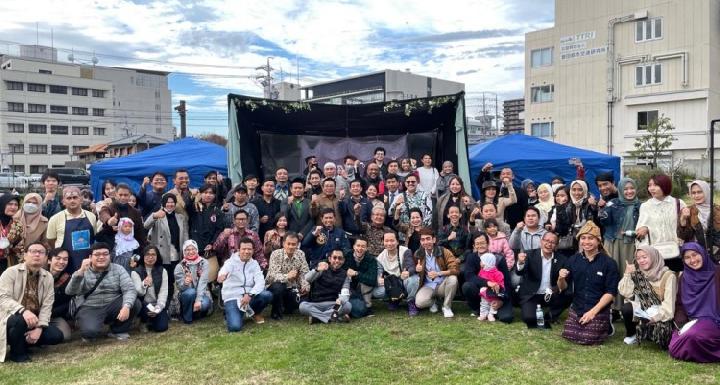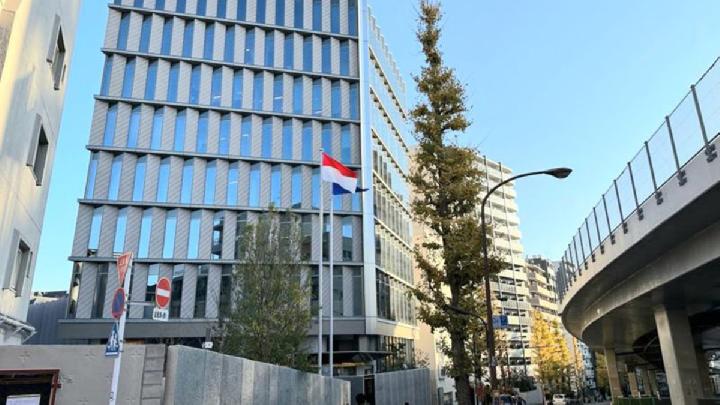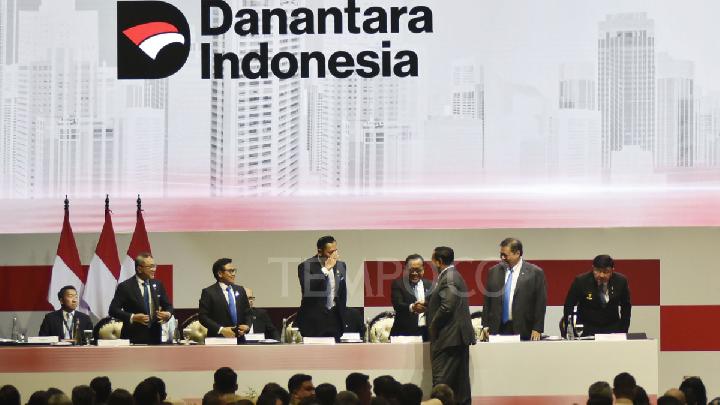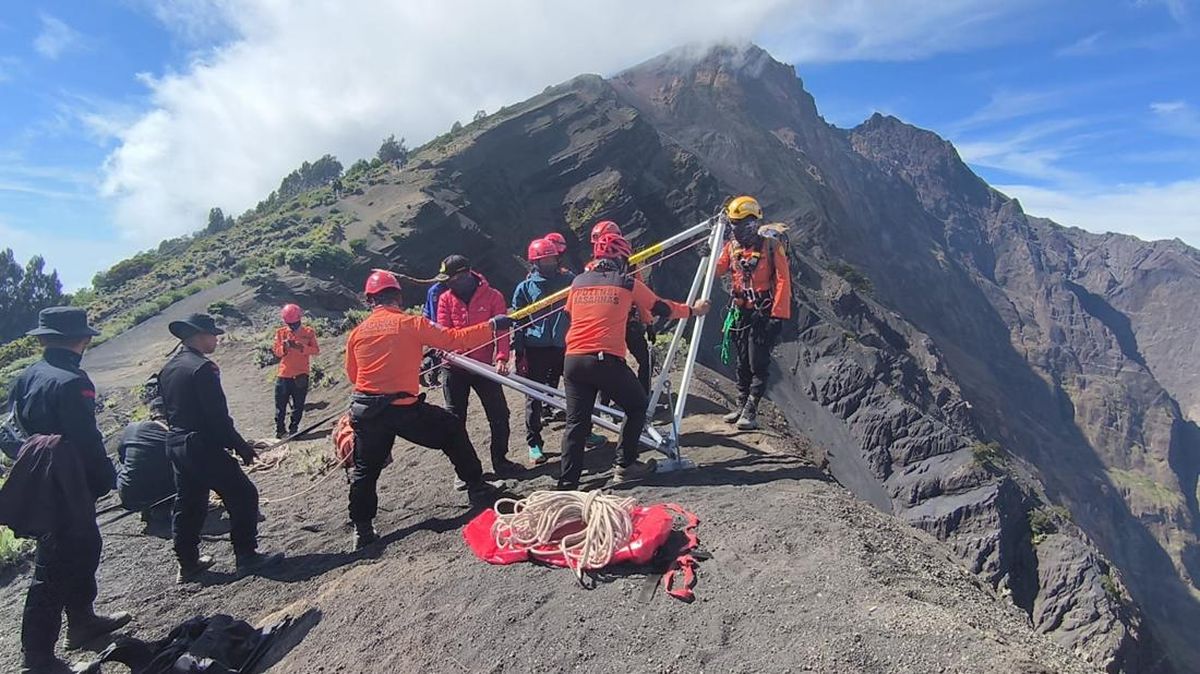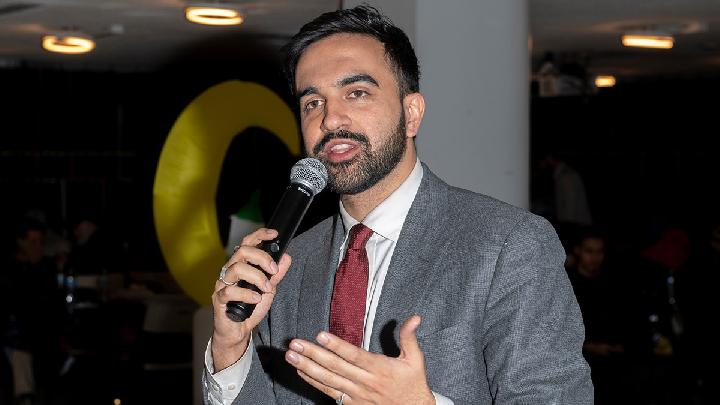TEMPO.CO, Jakarta —The global economy has been shaken by the aftermath of United States President Donald Trump's policy of imposing high import tariffs, or Trump's tariffs, on several countries. A researcher from the Universitas Islam Indonesia (UII), Listya Endang Artiani, stated that Trump's tariffs are a significant mirror for the world.
"It shows that global stability cannot be placed solely on one country's shoulders, no matter how strong it is economically or militarily," Listya said in a statement received by Tempo on Tuesday, May 20, 2025.
According to Listya, when a superpower leader can drastically change the direction of their foreign policy based solely on domestic political calculation, the moral legitimacy and reliability of the international system are also shaken, including in the economic sector.
Listya revealed that the U.S. has transformed into a "pragmatic hard negotiator" following Trump's implementation of the populist policy America First. One of its outputs is the imposition of Trump's tariffs. The multilateral diplomacy applied by the U.S. has been replaced by bilateral diplomacy laden with economic pressure.
In a short period, the U.S. withdrew from the Trans-Pacific Partnership (TPP), rejected the Paris Agreement on climate, and even threatened its role in NATO by labeling it a financial burden. The America First approach replaced the global collective spirit, and the U.S. began to behave as a transactional actor.
"Prioritizing short-term gains over long-term commitments to the world order," said the Faculty of Business and Economics lecturer, UII, Yogyakarta.
According to Listya, the world is witnessing the inconsistency of the U.S.'s stance, which often changes based on domestic political orientation and the president's figure. Allied countries are becoming more cautious, while other major powers such as China and Russia are beginning to exploit the global leadership vacuum to expand their influence.
"In this context, the U.S.'s credibility as a moral and economic leader of the world is beginning to falter. This is not because it has lost its power, but rather because it has lost direction and consistency—two essential requirements for leading a complex and highly uncertain global system," Listya explained.
Listya stated that the world has learned that dominance not balanced with responsibility and consistency can be a more dangerous threat than the absence of leadership itself. Therefore, she said, the future of the global world should not be built with the hope of a new hegemon emerging.
Therefore, she said, what is needed is a more balanced, collaborative, and principle-based global order that respects each other. A multipolar world provides an opportunity to establish a global architecture that is not solely determined by military or economic power.
"But also by diplomatic capacity, institutional integrity, and the ability to bridge diverse interests," said the Department of Economics lecturer, UII.
In this context, Indonesia plays a strategically important role. As the world's third-largest democracy, a member of the G20, and a major economic power in Southeast Asia, Indonesia has the potential to be a balancing force amid global competition. Indonesia does not need to be a hegemonic state to play a significant role in international dynamics.
"What is needed are smart diplomacy, a robust economy, and geopolitical acumen to understand the direction of change," Listya added.
By promoting regional cooperation, strengthening South-South relations (Global South), and being a moderate voice in various multilateral forums, Indonesia can become an actor that helps direct the global order towards a more inclusive and sustainable direction. In an increasingly polarized world, powers like Indonesia, which uphold the principles of non-alignment and collective sovereignty, can act as a bridge between major powers and developing countries.
According to Listya, the post-Trump tariff world is not a shattered world, but a world in the process of reshaping itself. This is a historic moment for countries like Indonesia, not only to react but also to take the initiative in shaping a fairer new tide of globalization.
"Global leadership is no longer determined by strength alone, but by reliability, consistency, and the ability to address the complexities of the times," said Listya.
Editor's Choice: Europe's Shifting Attitudes: Once a Supporter, Now a Critic of Israel
Click here to get the latest news updates from Tempo on Google News

